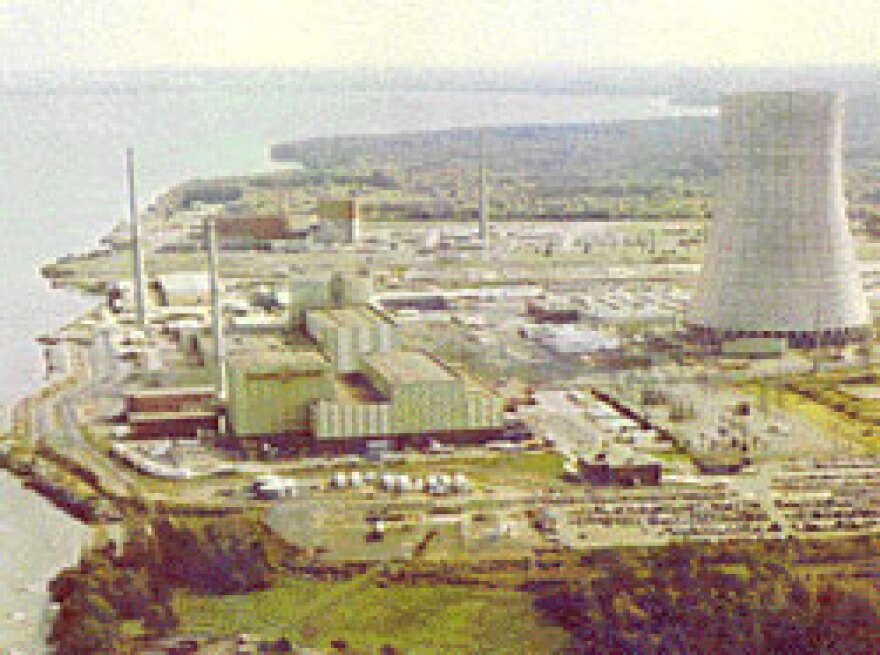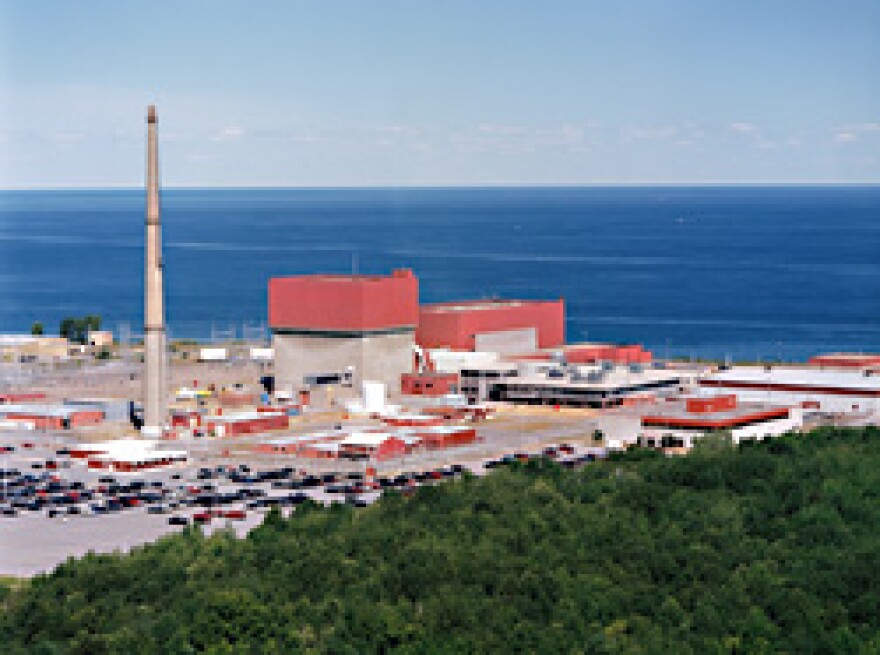Opponents of the massive subsidy plan for New York’s struggling nuclear power plants say there’s new evidence that supports their case to repeal the 2016 bailout. Two Oswego County plants owned by Exelon were among those granted $7.5 billion in taxpayer money over 12 years by the New York Public Service Commission. Executive Director of Nuclear Information and Resource Service Tim Judson expressed his disappointment in the PSC not serving the public’s interest.
"The Public Service Commission was supposed to be making a rational decision for the benefit of New Yorkers across the state. It appears based on what actually happened, this was a decision to benefit the owners of nuclear power plants. The PSC didn't consider more cost-effective alternatives for meeting the state's energy goals."
Opponents say their evidence includes a presentation made by a former lobbyist from Exelon in which he bragged about the $7.5 billion subsidy. Judson says the presentation is a prime example of the huge profits companies can make via lobbying and political spending. However, he acknowledges its legality.

"It's not clear that there's anything illegal in terms of Exelon lobbying state government for financial assistance. Companies have the right to do that. But the PSC doesn't need to be swayed by companies trying to protect their private interests."
Judson says the PSC violated the rights of the public by not giving them enough notice or time to understand how their money would be spent. He also notes how the closing of the nuclear plants would not have mattered much in the long run.
"Before the whole proceeding that resulted in the subsidy was undertaken, the agency that runs the state's electricity system had done an evaluation and determined the two reactors scheduled to close, plus several other power plants scheduled to close around the same time, could turn off and there wouldn't be any need for additional power plants or energy sources to be developed. There was plenty of power on the grid."
Judson says the PSC should have looked into clean energy options that would have helped the state meet its Clean Energy Standard goals. A hearing for this case is expected this summer.



